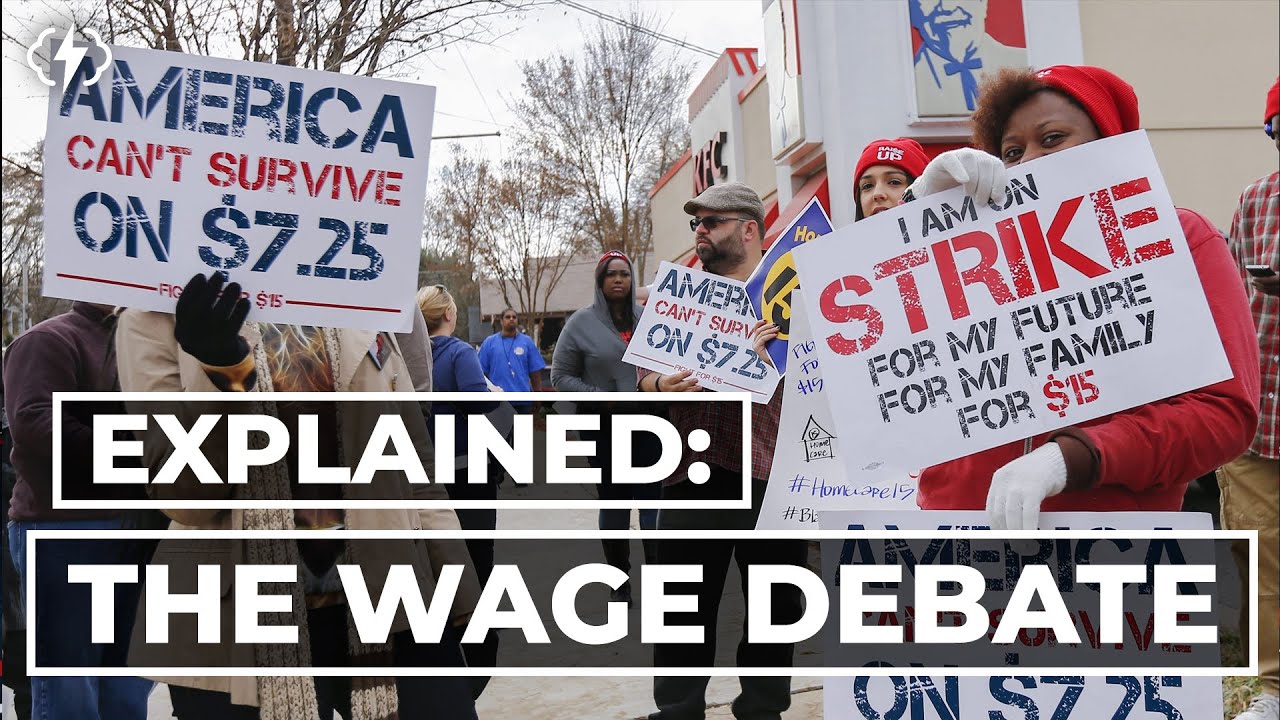The video presents a comprehensive analysis of the U.S. federal minimum wage debate, exploring historical context, economic realities, common objections, and societal implications. It begins by outlining the origins of minimum wage legislation in the early 20th century, highlighting the exploitative conditions workers faced before laws like the Fair Labor Standards Act of 1938, which introduced the first federal minimum wage and banned child labor. The video emphasizes that despite periodic nominal increases, when adjusted for inflation and productivity, the real value of the minimum wage today is significantly lower than it was in the 1960s. This decline means minimum wage workers earn far less purchasing power than previous generations.
The discussion challenges common narratives that the minimum wage is only for inexperienced workers or that raising it will lead to higher prices or business failures. It refutes the claim that raising minimum wages causes housing price inflation, noting that housing costs have risen dramatically despite stagnant minimum wages. The video also cites a 2020 study on the 1966 minimum wage increase, which found no negative impact on employment, but rather an increase in earnings and a reduction in racial wealth gaps.
The speaker critiques the division among workers—those earning slightly above minimum wage often oppose raises for lower-paid workers—arguing this undermines collective worker power and benefits the wealthy capitalist class. The video calls for a shift in mindset from hyper-individualism and “pull yourself up by your bootstraps” attitudes to greater class consciousness. It advocates for a living wage indexed to inflation, like systems in other developed countries where minimum wages are adjusted annually.
Finally, the video connects the minimum wage debate to broader societal issues such as wealth inequality, corporate profits, military spending, and political corruption, asserting that the struggle is between the working class and the wealthy owners who prioritize profits over fair compensation. It ends with a call for solidarity among workers and for a renewed understanding of class struggle as essential to achieving economic justice.
Originally posted 2025-06-03 04:06:17.

